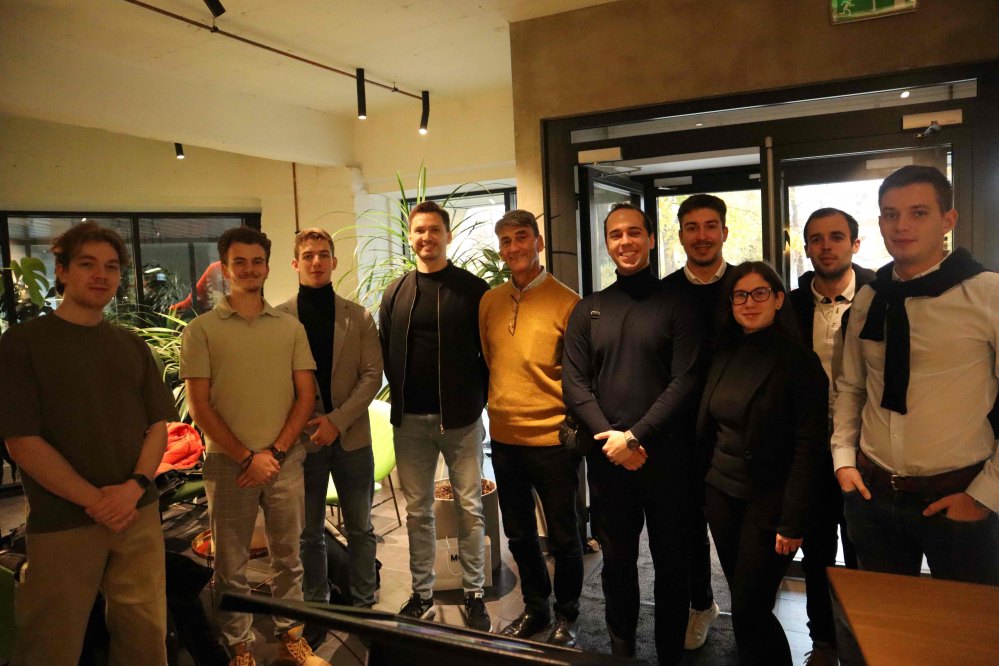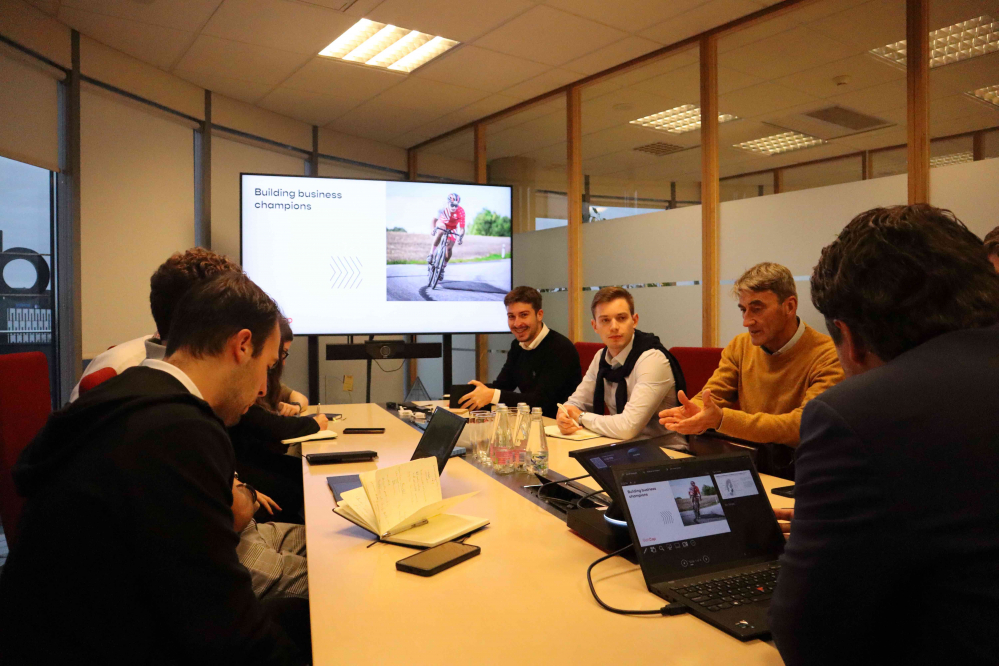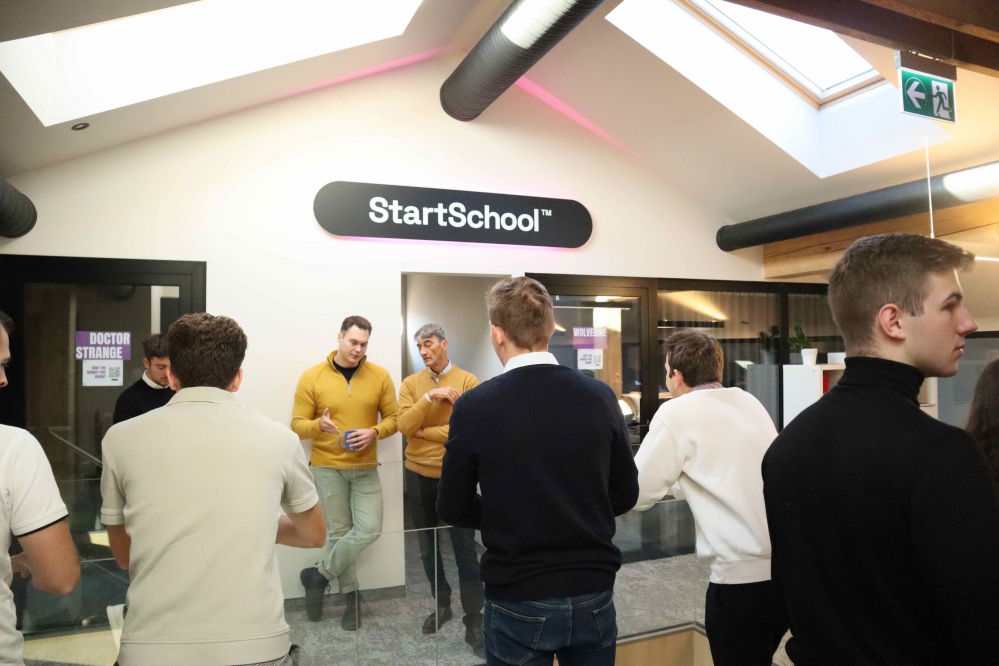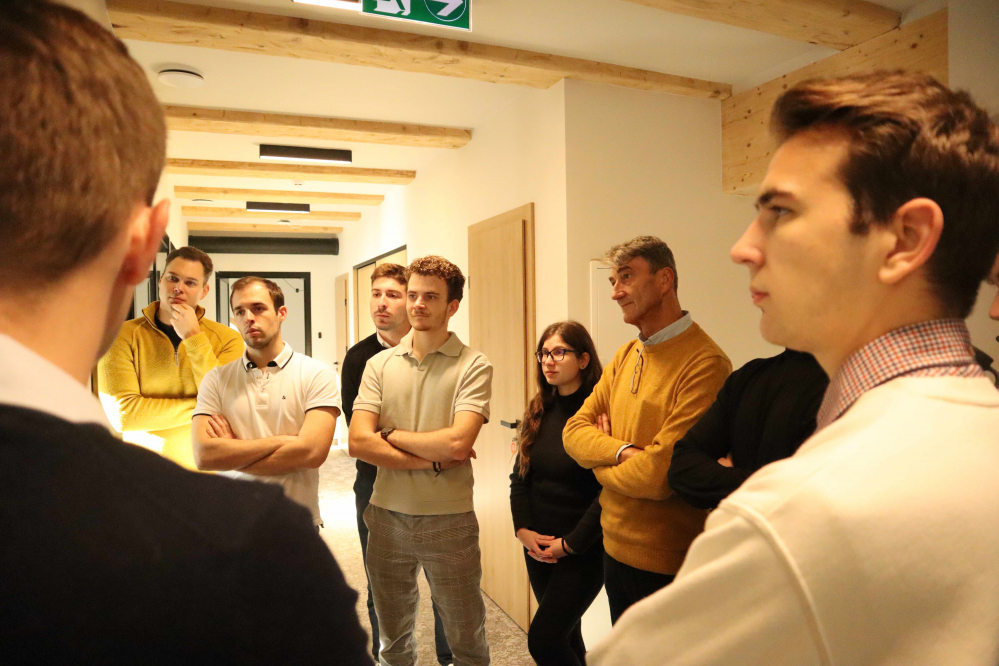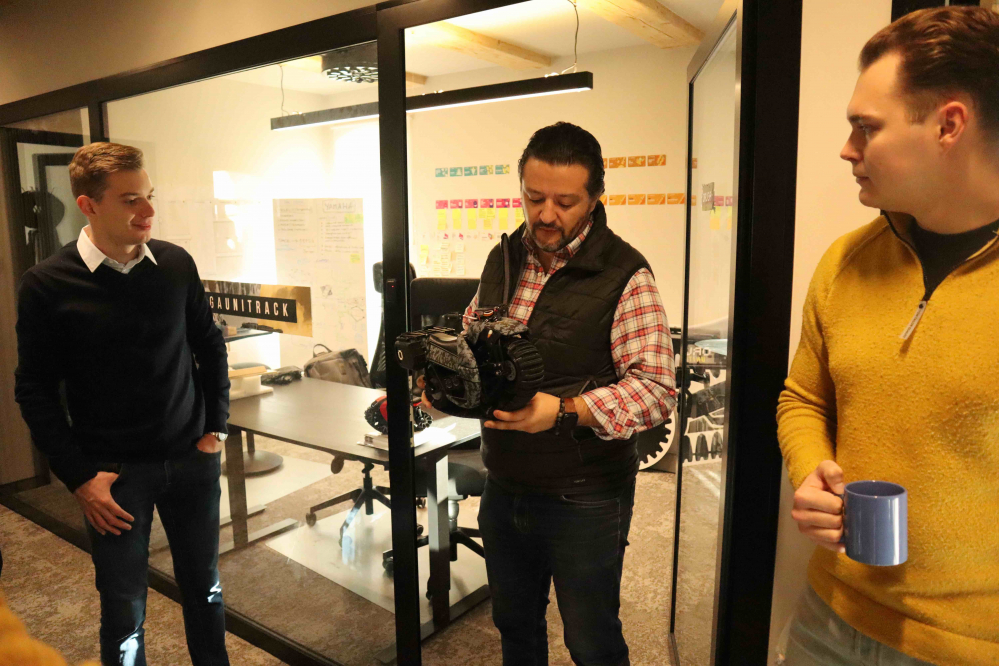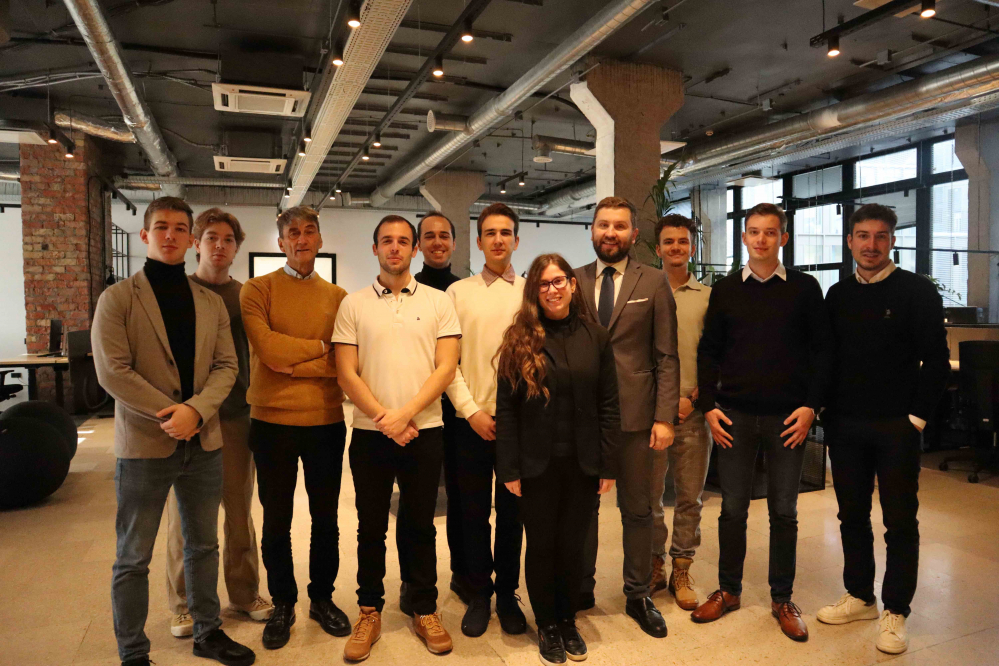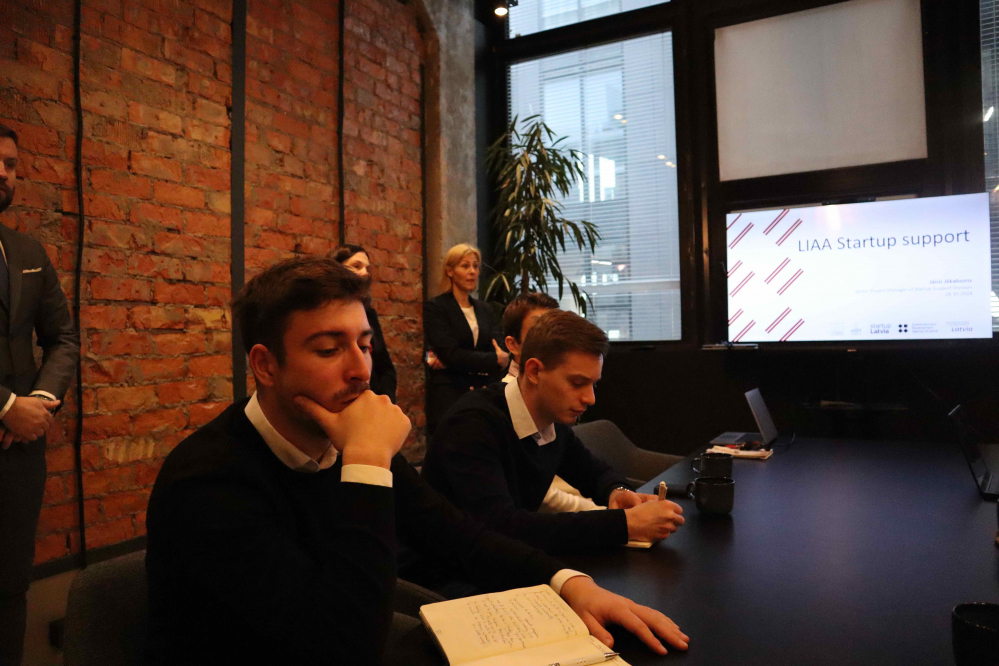Reading time: 4 minutes
Part 3 - Latvia
A tour of Riga’s startup and investment ecosystem highlighted insights
from entrepreneurs and investors contributing to Latvia’s growing tech landscape.
Firstly, we visited Startup House Riga, a central hub for Riga's startup community,
offering affordable co-working spaces, event venues, and networking opportunities. Founded by
Kristians Jenciuss, a 30-year-old entrepreneur with experience in hotel management in the U.S.
and Netherlands, Startup House connects founders with co-founders, team members, and investors,
helping startups grow. The space was funded by donations from ten successful founders totaling
€250,000, while revenues come from renting spaces. Although the Riga municipality supports
startups, the house doesn't supports startups. Kristians emphasized that the house thrives due to its
strong community of like-minded individuals who understand shared challenges, providing
emotional and practical support. Six VC funds also operate within the house, offering valuable
feedback to startups.
Next, we visited the LIAA Startup Support Division, established in 2017 to promote
Latvia’s startup ecosystem. LIAA provides support through EU and Latvian government funding,
offering tax benefits, salary support, and incubation programs in major Latvian cities. These
resources target sectors with high growth potential, including ICT, biomedicine, fintech, and deep
tech, aiming to elevate Latvia’s ecosystem to compete with neighboring countries like Estonia.
Latvia’s approach reflects its unique history and cultural mindset, influenced by its Soviet past. A
reluctance to "give back" and a different approach to taxes, seen as potentially wasteful, contrasts
with Estonia’s Scandinavian-inspired values. Latvia’s mindset, however, is shifting as public
engagement grows, and events draw increasing participation.
Edgars Stafeckis, CEO of TrustLynx, shared insights over a working lunch at a Georgian
restaurant. TrustLynx, originally a spinoff with a 20% stake for IP usage rights, specializes in trust
services, adapting to clients' needs by integrating into their systems without collecting or
transferring data outside the customer’s firewall. Although Stafeckis has no set exit strategy, he
anticipates 2-3 years more with the company. TrustLynx, founded in Estonia and now global, is
expanding slowly but steadily into Poland and Italy, with potential plans to enter the Hungarian
market in two years.
At the end of the day, Davis Siksnans, founder and ex-CEO of Printful, shared insights
on scaling globally. Printful, which started as an in-house solution for e-commerce challenges,
evolved into a leading fulfillment provider integrated with platforms like Shopify. Siksnans
discussed the importance of naming products in English and focusing on the U.S. market, as local
markets alone are often unsustainable. With Printful’s growth driven by Shopify’s extensive reach,
Siksnans noted the increasingly competitive app space, highlighting the advantage of Printful’s
early entry. He advised startups to consider alternative funding routes to venture capital, which
often sets high expectations for rapid growth.
Dagnis Dreimanis, managing partner at BaltCap, shifted from investment banking to
private equity for a longer-term impact on companies, holding investments for 4-6 years. His goal
is to build "Baltic champions" and then exit to funds seeking Central European growth. BaltCap’s
strategy prioritizes digital, infrastructure, and gradual growth, with a strong focus on buyouts
rather than early-stage startups. The company, established in 1995, has grown to manage multiple
funds with investors including local pension funds and the European Investment Fund.
BaltCap targets mid-sized companies and series A/B rounds, offering equity investments
between €1-20 million. They support companies during management transitions, aiming to
strengthen operations for scalable growth. Dreimanis sees small, innovative companies as
economic backbones, though startups remain exceptions rather than the norm. BaltCap also
pursues unique opportunities, such as acquiring Lithuania’s police headquarters and investing in
Nord Security, which holds a 30% market share in Estonia’s energy sector.
This immersive day underscored the Latvian startup ecosystem’s unique challenges and
strengths, revealing opportunities for international growth through local support structures, private
equity funding, and a growing entrepreneurial community. Each speaker illustrated the increasing
collaboration and drive in Riga’s tech scene, solidifying its position as a vital component of the
Baltic innovation landscape.


